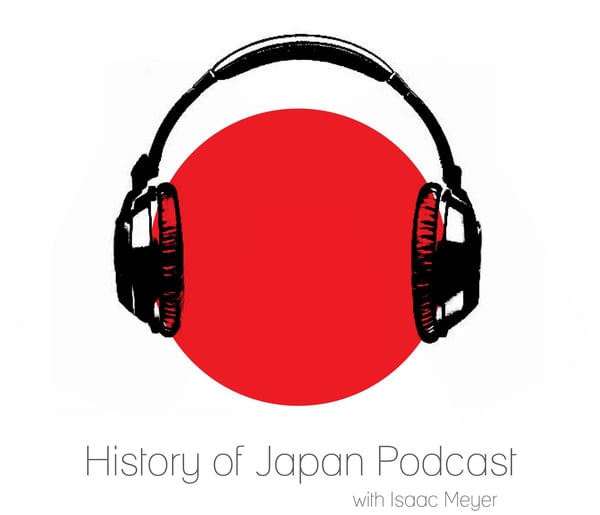Episode 545 - The Extreme Right in Postwar Japan, Part 1
History of Japan
Isaac Meyer
4.8 • 744 Ratings
🗓️ 13 September 2024
⏱️ 35 minutes
🧾️ Download transcript
Summary
This week's footnote: the first of two parts on the postwar extreme right. This week, we're mostly focusing on the extreme right in the first few decades of the Cold War, and in particular on the story of Akao Bin and his Aikokuto. How did a convicted socialist end up as one of Japan's foremost violent anticommunists--and how did his ideas shape a new reality for the postwar right?
Show notes here.
Transcript
Click on a timestamp to play from that location
| 0:00.0 | Hello, and welcome to the history of Japan podcast, episode 545, The Extreme Right in Post-War Japan, Part 1. |
| 0:30.0 | There's a clean narrative that I think many of us, especially those who grew up in the United States, like to tell ourselves about the Second World War. |
| 0:38.9 | This narrative is that at the end of the conflict, the Allies defeated the fascist powers of the |
| 0:44.6 | Axis utterly, and then engaged in a program of reconstruction that rebuilt Germany, Italy, and Japan |
| 0:50.5 | as liberal powers aligned to American-style democratic capitalism. |
| 0:55.4 | Those three nations are in this telling, essentially the poster children for the success |
| 1:00.4 | of nation-building efforts by America and its allies. |
| 1:04.4 | For example, this was the rhetoric employed about two decades ago by the American president, |
| 1:09.6 | George W. Bush, who defended American |
| 1:12.0 | policy in Iraq by pointing to the example, especially of the occupation of Japan, that it had |
| 1:17.9 | worked, and so there was no particular reason why a similar occupation of Iraq could not. |
| 1:23.7 | Which is a complicated subject in its own right, and far beyond the scope of this podcast, |
| 1:28.5 | it would involve getting into the nature of the Iraqi state today, which certainly is more |
| 1:32.8 | functional than I think many of us give it credit for, but also not the thriving liberal democracy |
| 1:37.9 | one might hope for, as well as the fundamental accuracy of a comparison between 1940s |
| 1:43.3 | Japan and 2000s Iraq. Much academic ink |
| 1:47.6 | was spilled on that subject in the wake of President Bush's various references to the |
| 1:52.0 | occupation. John Dower, in particular, wrote voluminously on the subject and gave a great many |
| 1:57.7 | talks on it, and if you're curious about it, I'd definitely recommend |
| 2:00.9 | giving what he had to say a read. But again, fundamentally, not what we're here to talk about |
| 2:05.9 | today. The reason why I am sticking my neck out by talking about something that vaguely approximates |
| 2:12.0 | modern politics is instead that the comparison drawn by Bush points to a way of thinking |
... |
Please login to see the full transcript.
Disclaimer: The podcast and artwork embedded on this page are from Isaac Meyer, and are the property of its owner and not affiliated with or endorsed by Tapesearch.
Generated transcripts are the property of Isaac Meyer and are distributed freely under the Fair Use doctrine. Transcripts generated by Tapesearch are not guaranteed to be accurate.
Copyright © Tapesearch 2025.

